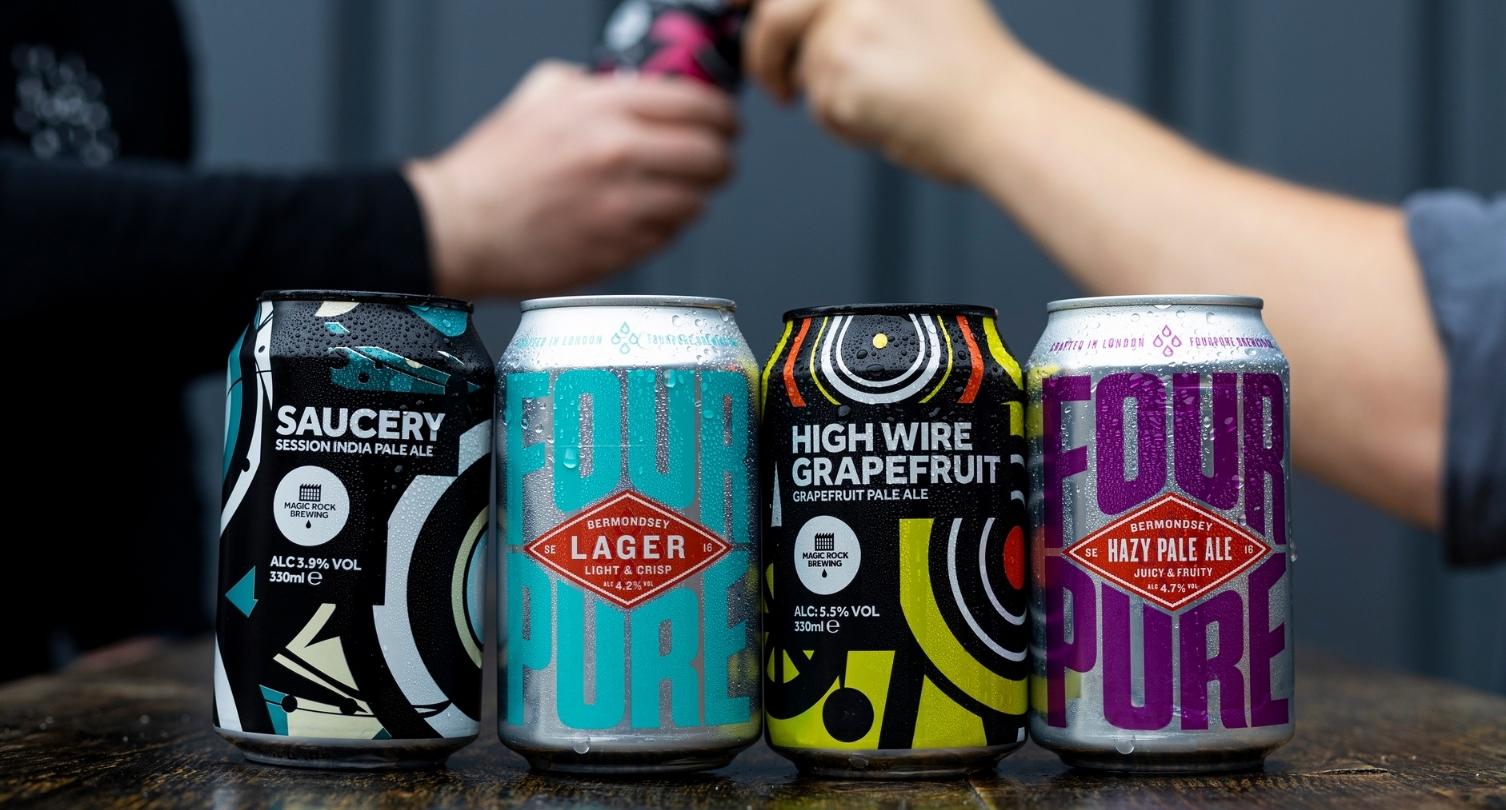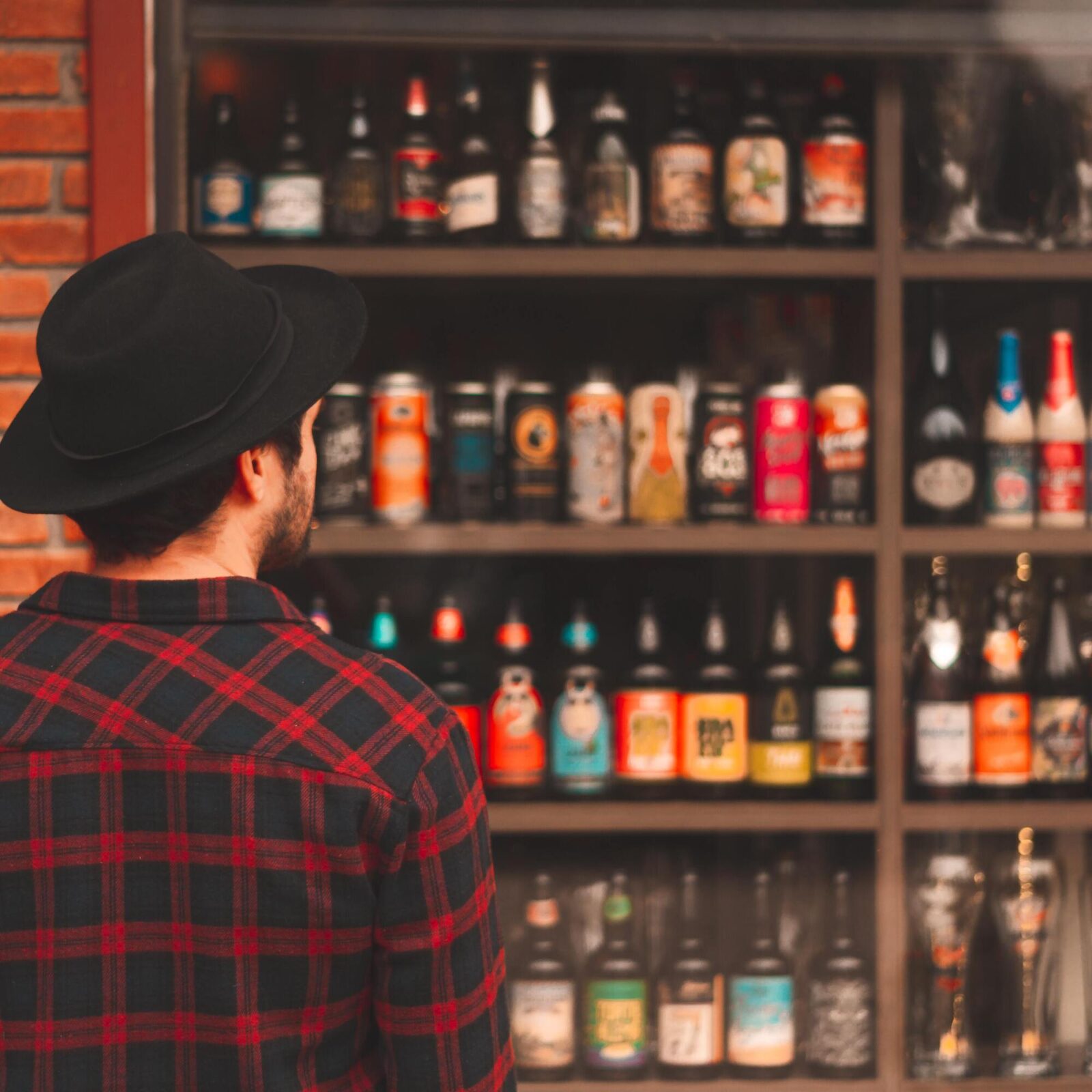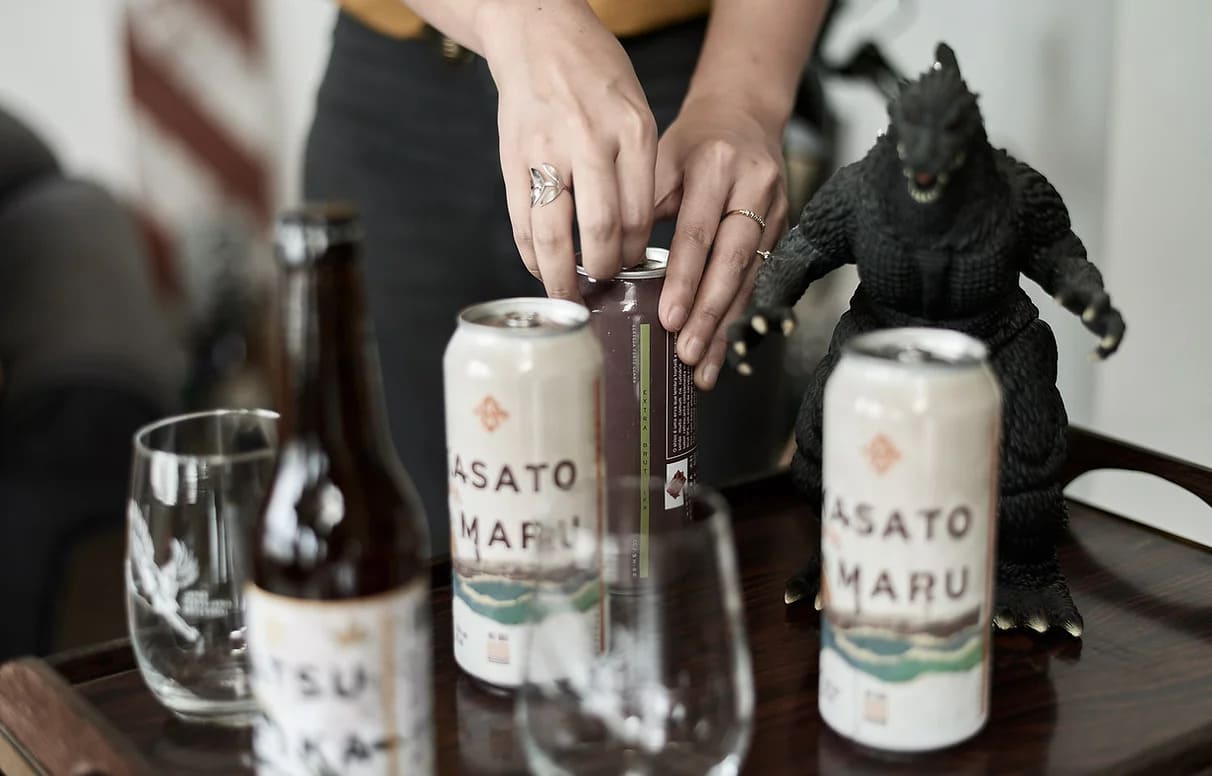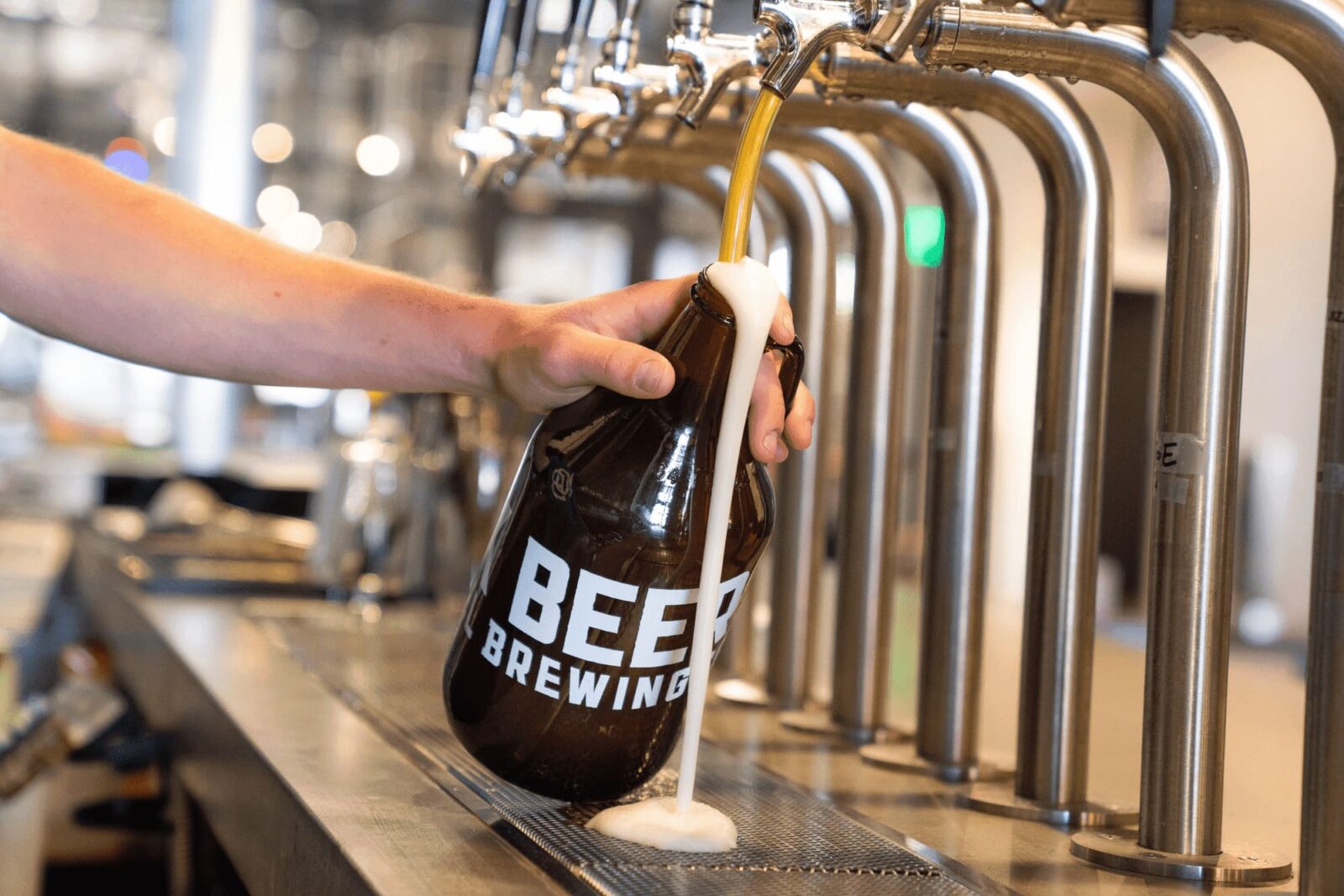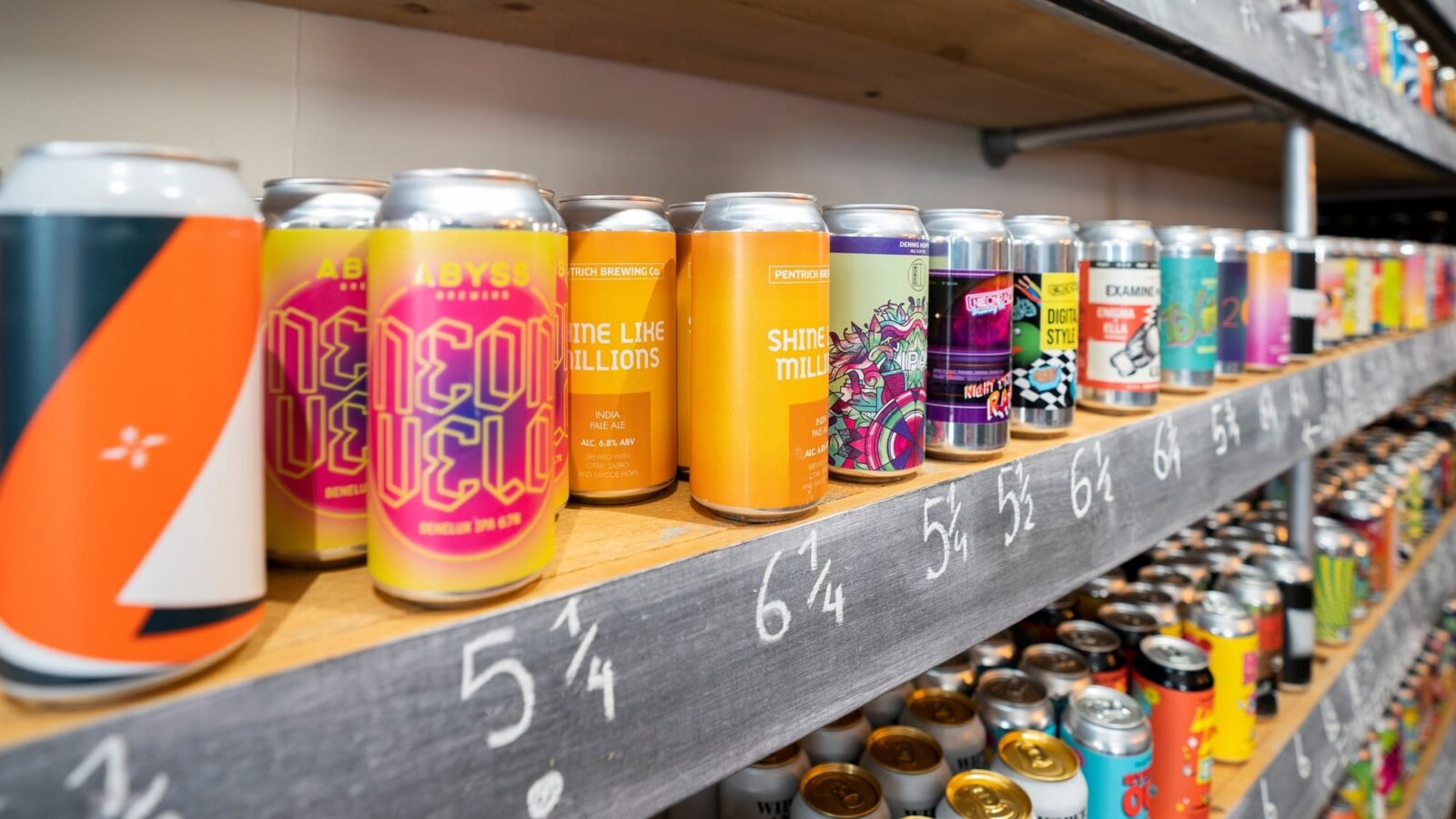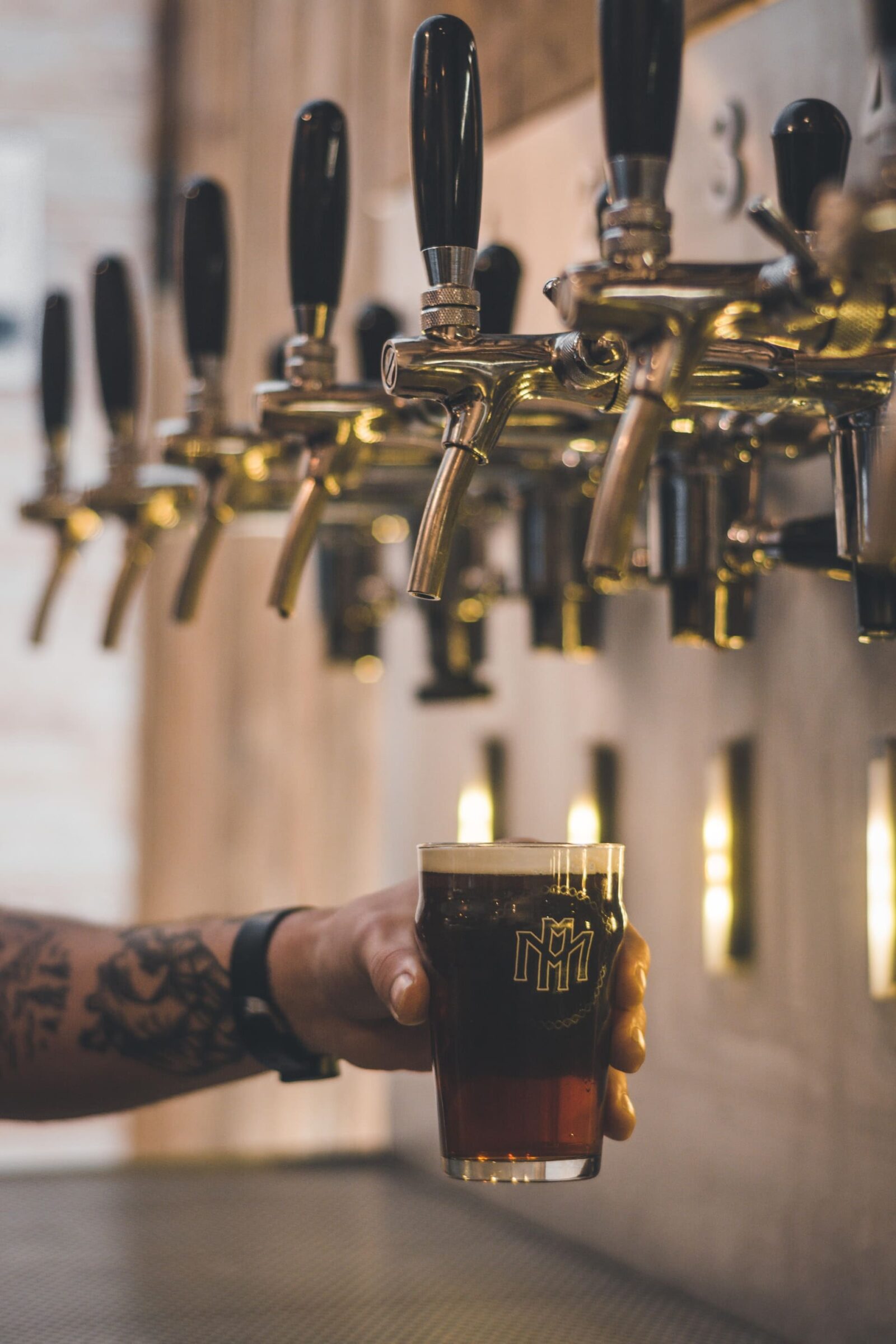Lion has sold its domestic UK-based operations – including the Magic Rock and Fourpure craft brewers – to Odyssey Inns Ltd.
Monster plans to launch its first flavored malt beverage RTD alcohol product at the end of the year, promising a drink that will ‘carve out its own unique space’ in the increasingly crowded sector. And the company signals that this will be more than a one-off, with several other product lines in development.
At-home drinking is here to stay, according to a new report from IRI Beverage Alcohol Research. With inflation concerns and on-premise challenges, consumers are opting to indulge at home – and these conditions are impacting growth opportunities, putting a premium on innovation, and affecting everything from e-commerce strategy to packaging and premiumization.
This month Japas Cervejaria Co-Founders Maíra Kimura, Yumi Shimada, and Fernanda Ueno will travel the United States together for the first time on a whirlwind east-to-west coast trip that includes pop-up events, beer collaborations, and distributor meetings. This all-female, Nipo-Brazilian trio hopes to share its passion, craft, and culture with the United States and beyond.
Ongoing disruptions to breweries’ supply of carbon dioxide have made national news on the heels of a decision by Massachusetts-based Night Shift Brewing to outsource most beer production in part because it was unable to source the gas needed to carbonate its beer. Combined with higher costs breweries are already paying for items like aluminum, malt, and packaging materials, the burden of having less CO2, paying more for it, or not being able to carbonate and sell as much beer as planned represents a crisis for breweries’ profit margins.
Less than half of beverage cans in the US are currently recycled: but US can manufacturers want to see 80% recycled by 2040 and 90% by 2050. So how can these goals be reached?
Breweries and taprooms are all the rage right now. With so many breweries and taprooms opening up, it’s not always easy to find a unique marketing strategy that will grab consumer attention.
As consumers face higher costs for nearly everything they buy, there have been reports of shoppers trading down to cheaper brands in different food and beverage categories, including beer. But not all beer makers are seeing a wholesale switch to economy brands.
Breweries have already been facing higher costs for raw materials like aluminum and barley as a result of inflation. Craft breweries across America have been on the front lines of businesses facing higher material costs because of inflation. Now, many are confronting a shortage of a key ingredient: carbon dioxide, the gas that gives beer its crisp, effervescent taste. And one brewer has already said it plans to shut down a key manufacturing plant and lay off workers as a result.
